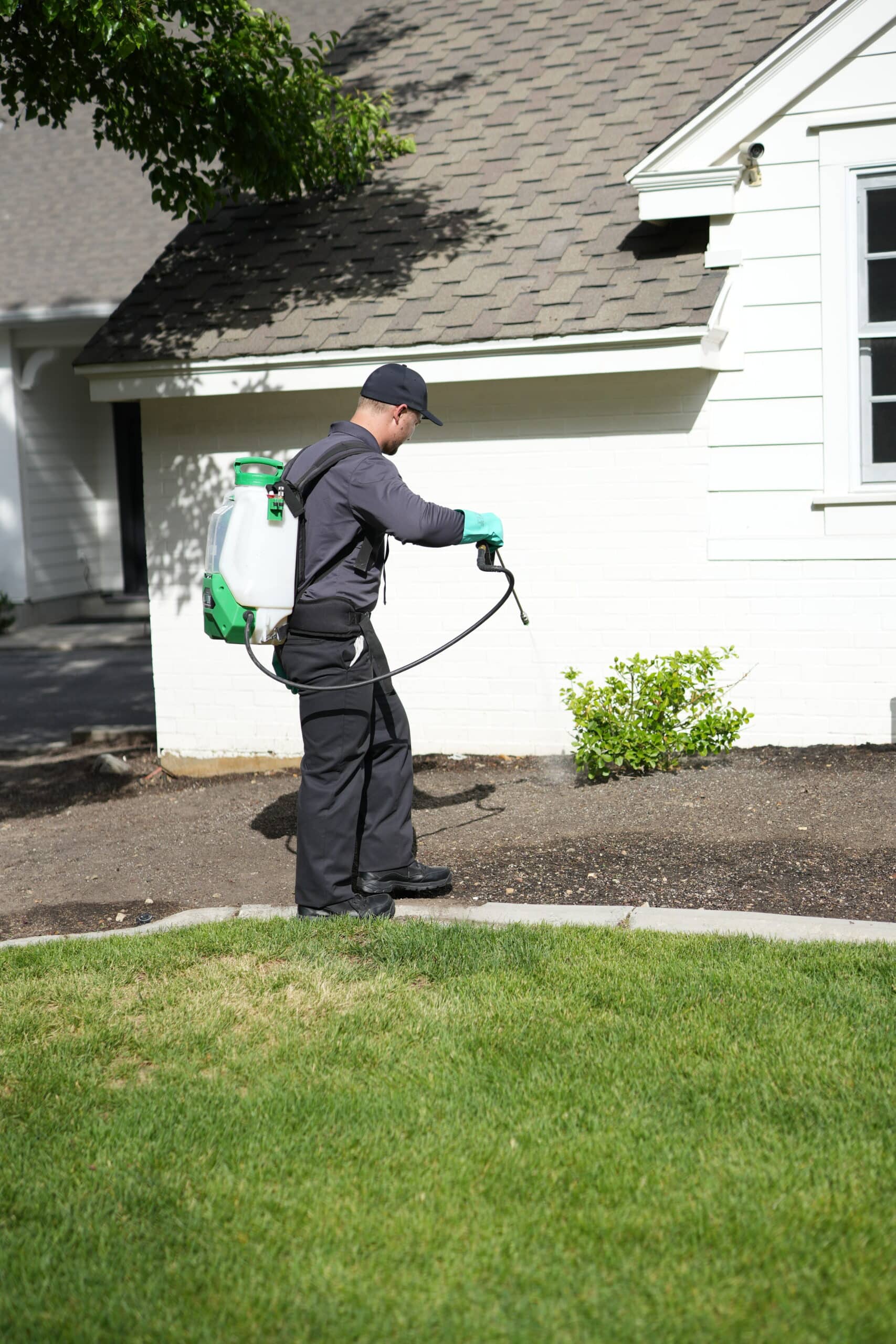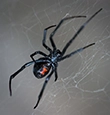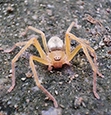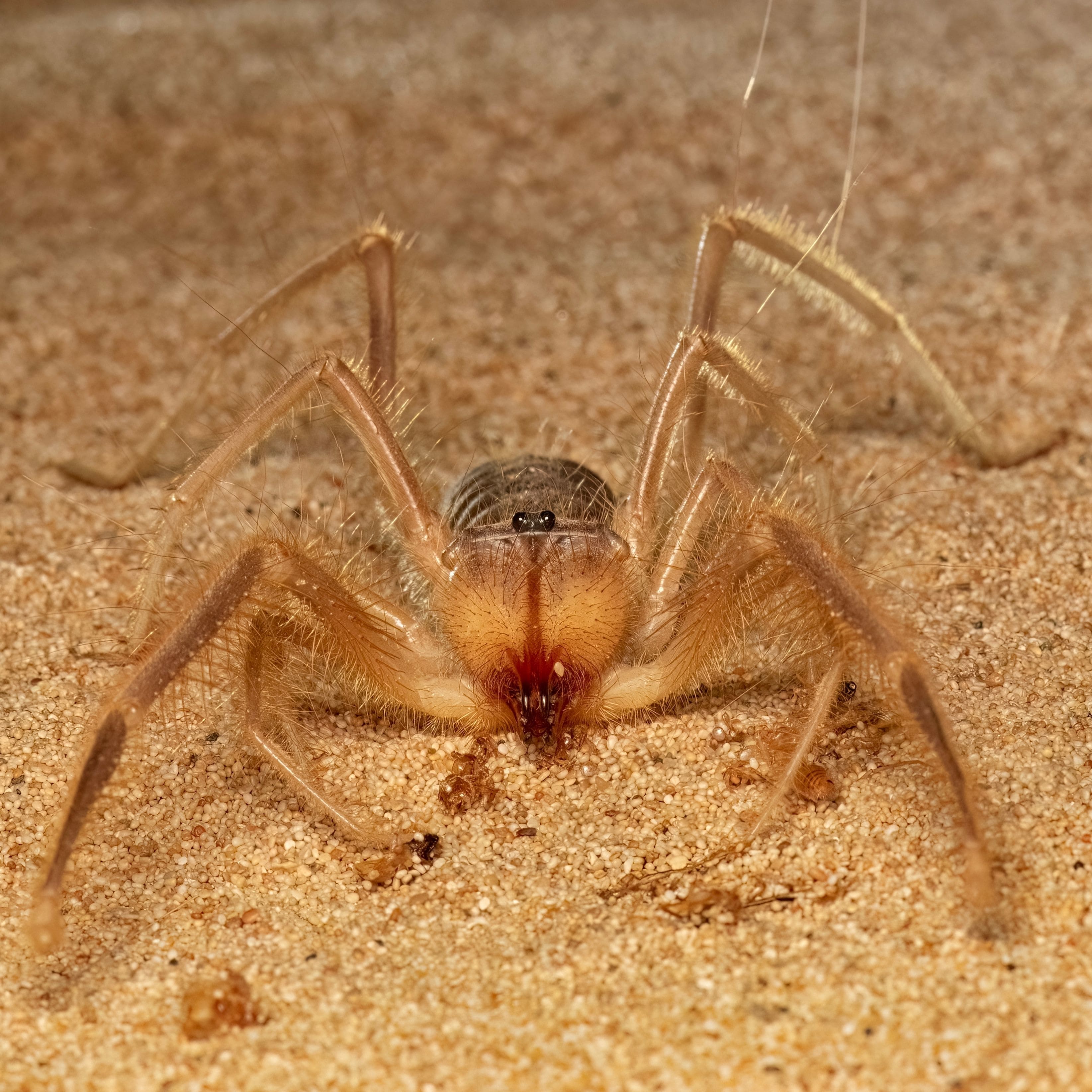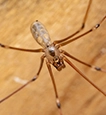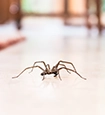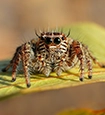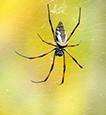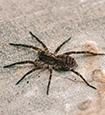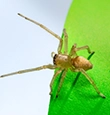Spider Facts & Information
Hawx is always reliable. Always innovative.
Get $350 Off Spider Service
20,000+ 5-STAR REVIEWS
“Connors Trader went the extra mile to make sure he listened to our needs regarding the ant problem we had.”
- Larry
“He sprayed indoors and out, swept my eaves for spider webs and took care of a couple of wasp nests.”
- Rick
“He even sprayed on my deck, which no one else has done.”
- Sue

Spiders in the house can be unsettling. Although some species are harmless and even help keep the insect population of your home in check, some can cause real harm if they bite.
Curious about which spiders might appear in your home, or what you can do to prevent them? Let’s explore some common spider species, how to recognize their webs and hiding spots, and how to keep them from becoming a problem.
We proudly provide spider control services in several cities across the country. Find your nearest location and give Hawx Pest Control a call at (888) 372-9514 today
Spider Identification
Spiders share a few obvious features: eight legs, two main body parts (the cephalothorax and abdomen), and spinnerets at the tip of the abdomen that produce silk for webs or egg sacs. Most also have eight eyes (though some have fewer), fang-like mouthparts, and a unique “hydrostatic skeleton” that uses internal fluid pressure to move.
Common Spider Types in the United States
Here are a few of the most common spider types you might find around the house:
- Common House Spider (Parasteatoda tepidariorum): Often yellowish-brown with a rounded abdomen ranging from dirty white to nearly black. They build messy, tangled webs in corners and other quiet places. Common house spiders are not considered dangerous.
- Wolf Spider (Lycosidae): Large, brown or gray spiders known for their strong legs and three rows of eyes. They’re active hunters rather than web-builders, sometimes spotted roaming indoors. Wolf spiders can bite if handled, but they only cause mild irritation.
- Jumping Spider (Salticidae): Small to medium size, with striking coloration and excellent eyesight. These spiders actively hunt and may be seen leaping after prey—or just exploring your windowsills.
- Black Widow (Latrodectus): Shiny black body with a telltale red hourglass marking on the underside of the abdomen. Their venom can cause muscle aches and other symptoms, but serious complications are rare for most adults.
- Brown Recluse (Loxosceles reclusa): Light brown with a violin-shaped marking on the top of the cephalothorax. Found mostly in the southern and midwestern U.S, brown recluse bites can lead to tissue damage, so it’s wise to be cautious if you spot one.
- Orb-weaver (Araneidae): Brightly colored abdomen, often round, with long legs. Known for creating large, circular “orb” webs in gardens or near outdoor lighting. Harmless to humans.
What Attracts Spiders to Your Home?
Spiders typically wander indoors looking for food, water, and sometimes just a safe, cozy place to build a web or lay eggs. They’re drawn to homes with insects, leaky pipes, and cluttered corners in darker areas. Lights that attract flying insects can also bring spider prey closer to windows and doorways.
Signs of Spiders in Your Home
It’s pretty obvious if you see a spider scurrying across the floor, but there are other hints as well. Webs are a surefire sign, along with egg sacs tucked into corners or behind furniture. If you’re noticing more spiders than usual, it could mean they’ve established a steady food source or find your home’s environment perfect for their living needs.

“Most spiders are beneficial! Spiders don’t tend to bite and are only considered problematic because people just don’t like them and their webs can be unsightly in your home. Removing their webs will usually take care of them!”
Vice President of Technical & Training Services, Entomologist
What Problems Can Spiders Cause?
Most spiders can do a fair amount of good in your home, snacking on pests like flies, mosquitoes, and other nuisance insects. However, many people feel uneasy around them, and certain species—like the black widow or brown recluse—have dangerous bites. Spider webs can also become an eyesore, collecting loose dust and making your home look and feel less tidy. While most bites are rare and typically not severe, it’s always wise to be cautious with a spider you can’t easily identify.
How to Prevent Spiders from Entering Your Home
A clean, well-sealed home is your best defense against unwanted eight-legged visitors. Regularly vacuum corners and under furniture to suck up webs, egg sacs, and even the insects that spiders feed on. Sealing cracks and gaps around doors, windows, and foundations can help keep spiders out, while reducing clutter makes it harder for them to hide.
Turning off outdoor lights at night or switching to yellow bulb “bug lights” can also discourage flying insects from hanging out near your doors, which will keep away the spiders that feed on them.
Let Hawx Handle Your Spider Problem
Sometimes, despite your best efforts, spiders just keep showing up—including the dangerous ones. Hawx Pest Control can get your spider problems under control. Our trained local professionals understand spider habits, habitats, and the most effective ways to keep them out of your home. From targeted treatments to ongoing prevention strategies, we’ll address the root cause of your spider troubles and also help you maintain a spider-free living space.
Contact Hawx Pest Control today for a detailed inspection and customized treatment plan, so you can relax in a home that’s comfortable and free from eight-legged intruders.
Spider Identification: What Are the Main Types of Household Spiders?
Spiders can vary widely from species to species, so it's important to know how to identify spiders that typically invade homes.
Get $350 Off Spider Service
Read more about spiders
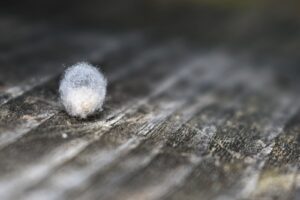
How to Identify & Get Rid of Spider Egg Sacs
Finding spider egg sacs around your home is unsettling, and many people aren’t sure what to do about it. While it’s true that spiders help

How to Get Rid of Spiders in Your Bedroom
Key takeaways on how to keep spiders out of the bedroom: You may have spiders in your bedroom because they like quiet, undisturbed corners and

Found a Black and White Spider? Here’s What it Probably Is
Picture this: you’re tidying up your home, minding your own business, when suddenly, you spot a tiny creature scurrying across the floor. It’s black and
